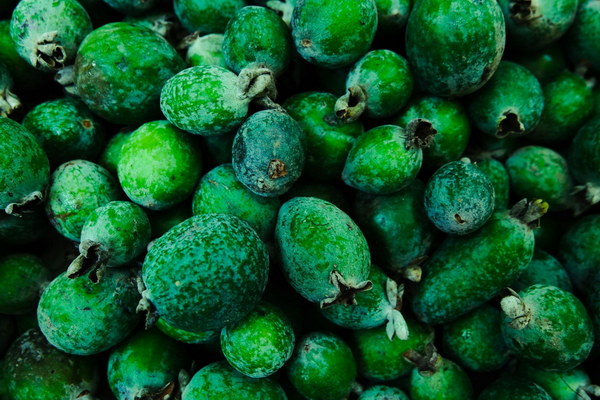Post-Diwu Nurturing Your Body with Winter Health Practices
As the chill of winter settles in with the passing of the Minor Snow Festival, known as Diwu in Chinese, it's essential to adapt our health practices to the colder months. The Minor Snow Festival, celebrated on the 23rd day of the 11th lunar month, marks the midpoint of winter, signaling the body's need for extra care and nourishment. Here's a guide on how to nurture your body post-Diwu with winter health practices.
1. Embrace the Warmth with a Balanced Diet
Winter is the season for hearty, warm foods that can help ward off the cold. Incorporate warming spices such as cinnamon, ginger, and turmeric into your meals. These spices not only add flavor but also have health benefits. For example, ginger can help with digestion and inflammation, while cinnamon may improve blood sugar control.
Vegetables like root vegetables (carrots, beets, sweet potatoes) are rich in vitamins and minerals that support immune function. Fruits such as oranges and kiwis, which are high in vitamin C, can help boost your immune system. Remember to drink plenty of warm liquids, such as herbal teas or warm lemon water, to stay hydrated and warm.
2. Stay Active, But Mind the Temperature
While it's important to stay active, the cold weather can make it challenging. Opt for indoor workouts like yoga, tai chi, or indoor swimming. These activities can help maintain your energy levels and circulation without exposing you to harsh weather conditions.

If you prefer outdoor activities, dress in layers to protect yourself from the cold. Wear a good quality thermal base layer, a windproof jacket, and a warm hat and gloves. Remember that exercise increases your body temperature, so you may need fewer layers than you think.
3. Prioritize Sleep and Relaxation
Winter is a time for rest and rejuvenation. Your body requires more sleep to recharge and repair itself during the colder months. Aim for 7-9 hours of quality sleep each night. Create a relaxing bedtime routine that includes activities like reading, meditation, or taking a warm bath.
4. Protect Your Immune System
The cold and dry air of winter can weaken your immune system. To keep it strong, ensure you're getting enough vitamin D, either through sunlight exposure or supplements. Also, consider taking a daily multivitamin with zinc and selenium, which are essential for immune health.
5. Nourish Your Skin and Hair
Cold weather can dry out your skin and hair. Use moisturizers with natural oils like coconut, almond, or jojoba to keep your skin hydrated. For your hair, use a deep conditioner or hair mask to maintain its moisture and elasticity.
6. Manage Stress
The shorter days and colder temperatures can increase feelings of stress and depression, known as seasonal affective disorder (SAD). To manage stress, practice mindfulness and relaxation techniques like deep breathing, meditation, or journaling. Spend time in natural light, or consider using a light box if you're experiencing symptoms of SAD.
7. Stay Social
In the colder months, it's easy to hibernate and isolate yourself. However, staying connected with friends and family is crucial for mental health. Plan indoor gatherings or virtual meetups to maintain your social connections.
In conclusion, the post-Diwu period is a time to focus on self-care and preparing your body for the demands of winter. By adopting these health practices, you can help ensure that you remain healthy, happy, and well-nourished throughout the cold season. Remember, the key is balance and listening to your body's needs as the seasons change.









